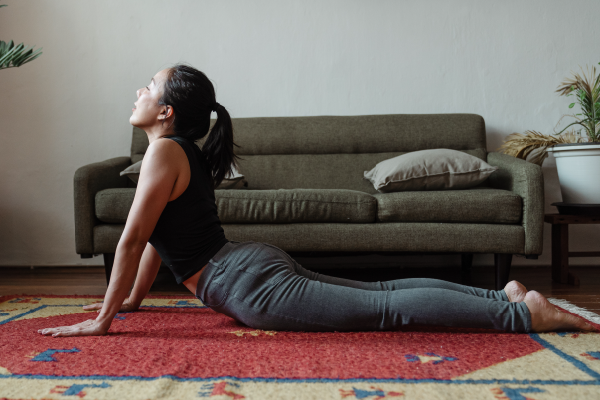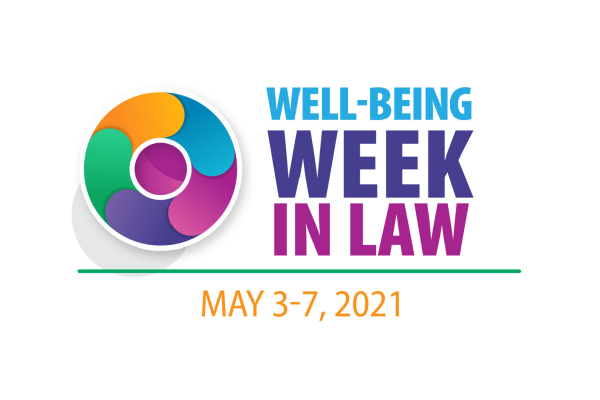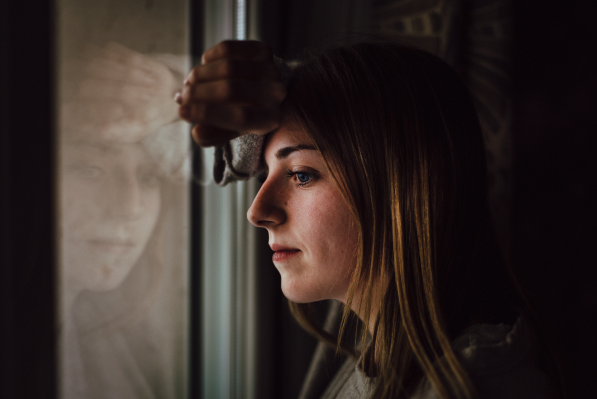Our physical well-being affects our mental well-being — and the start of a new year can be a convenient time to start a new routine.
The importance of physical activity is captured in a recently published book from Harvard University evolutionary biologist Daniel E. Lieberman, Exercised: Why Something We Never Evolved to Do is Healthy and Rewarding. Defining exercise as “discretionary” and noting that survival required our ancestors to be physically active, Lieberman points out that we have not evolved to exercise, but we need to in our modern lives. He recommends “integrating exercise in sustained fun ways,” as explained in this NPR book review, and observes that “getting motivated to do something as unnatural as exercise” can be difficult, which he elaborates on in this Harvard Gazette interview.
Physical well-being involves more than exercise, of course, which is perhaps more apparent in a pandemic than ever. Many of us may feel overwhelmed facing physical conditions that exercise, sleep, diet, and other self-care might help but cannot fix alone, in times when access to healthcare is more difficult than ever.
While exercising is still a valuable goal and can help energize us, it might help those of us feeling exhausted to know that among sleep, diet, and exercise, “sleep quality may actually be the most important factor predicting good mental health, more so than hours slept, physical activity, and diet, according to a new study of young adults from researchers at the University of Otago in New Zealand.” Find physical well-being resources on sleep, mindfulness, and more in this post from the first day of Lawyer Well-Being Week 2020.
Weekly Yoga for Busy Legal Professionals with Dr. Tracey Meyers
Starting Wednesday, January 13th! Join peers for a new Free & Confidential weekly 20-minute yoga practice designed specifically for busy legal professionals (law students included), led by Dr. Tracey Meyers, Psy.D, LCL MA staff clinician, certified yoga instructor and yoga therapist. Yoga can be an important part of well-being, resilience, stress reduction, and social connection. This class is suitable for all levels of yoga experience from beginner to regular practitioner. UPDATE: We now meet on Thursdays at 2pm.
We will be exploring simple yoga sequences including meditation, breath work, and yoga postures that you can do right from your office or home for a refreshing break from the workday. Following the class, we will have an optional 10-minute Q&A and discussion group that all are welcome to participate. When you register, you will receive a link for the practice each week. Come drop in when you can!
Starting Thursday, January 7! Mindfulness & Self-Compassion Tools for Legal Professionals: 4-Part Series. Free & Confidential, meeting each Thursday in January at 12pm.
Keys to Building Habits
A key to effectively building habits is to start small. Committing to a weekly 20-minute session is a good fit — we won’t track your attendance but positive psychology encourages tracking habits to develop them. Find out more about building habits in this recent post, which explains why we need to work with our environments to make them (1) obvious, (2) attractive, (3) easy, and (4) satisfying. Our weekly yoga practice itself along with the opportunity to connect with peers in the profession is designed to deliver on being an attractive, easy, and satisfying exercise option, and our email reminders and calendar invites should make the sessions obvious.
Related Resources:
Office Ergonomics Anywhere (Apartment Therapy)
Shifting Perspective on Disability for Inclusion in the Legal Profession [Guest Post] (LCL MA Blog)
Free & Confidential Consultations:
Lawyers, law students, and judges in Massachusetts can discuss concerns with a licensed therapist, law practice advisor, or both. Find more on scheduling here.




